Targeting medical treatment to an ailing body part is a practice as old as medicine itself. A Band-Aid is placed on a skinned knee. Drops go into itchy eyes. A broken arm goes into a cast.
But often what ails us is inside the body and is not so easy to reach. In such cases, a treatment like surgery or chemotherapy might be called for. A pair of researchers in Caltech’s Division of Engineering and Applied Science are working on an entirely new form of treatment–microrobots that can deliver drugs to specific spots inside the body while being monitored and controlled from outside the body.
“The microrobot concept is really cool because you can get micromachinery right to where you need it,” says Lihong Wang, Caltech’s Bren Professor of Medical Engineering and Electrical Engineering.
“It could be drug delivery, or a predesigned microsurgery.”
The microrobots are a joint research project of Wang and Wei Gao, assistant professor of medical engineering, and are intended for treating tumors in the digestive tract.
The microrobots consist of microscopic spheres of magnesium metal coated with thin layers of gold and parylene, a polymer that resists digestion. The layers leave a circular portion of the sphere uncovered, kind of like a porthole. The uncovered portion of the magnesium reacts with the fluids in the digestive tract, generating small bubbles. The stream of bubbles acts like a jet and propels the sphere forward until it collides with nearby tissue.
On their own, magnesium spherical microrobots that can zoom around might be interesting, but they are not especially useful. To turn them from a novelty into a vehicle for delivering medication, Wang and Gao made some modifications to them.
Image Credit: Caltech
News This Week
False Memories Under Fire: Surprising Science Behind What We Really Recall
New research challenges the ease of implanting false memories, highlighting flaws in the influential “Lost in the Mall” study. By reexamining the data from a previous study, researchers found that many supposed false memories [...]
Born Different? Cambridge Scientists Uncover Innate Sex Differences in Brains
Cambridge researchers found that sex differences in brain structure exist from birth, with males having more white matter and females more grey matter, highlighting early neurodiversity. Research from the Autism Research Centre at the University [...]
New study shows risk factors for dementia – virus causes deposits in the brain
Research into the causes of Alzheimer's is not yet complete. Now a new study shows that head trauma can activate herpes viruses and promote the disease. Frankfurt am Main – As a neurodegenerative disease, [...]
Are Machines Truly Thinking? Modern AI Systems Have Finally Achieved Turing’s Vision
Modern AI systems have fulfilled Turing’s vision of machines that learn and converse like humans, but challenges remain. A new paper highlights concerns about energy consumption and societal inequality while calling for more robust [...]
The Surprising Link Between Smell, Sound, and Emotions
New research reveals how smell and hearing interact in the brain to drive social behavior, using mouse maternal instincts as a model. Imagine you’re at a dinner party, but you can’t smell the food [...]
Brain cells age at different rates
As our body ages, not only joints, bones and muscles wear out, but also our nervous system. Nerve cells die, are no longer fully replaced, and the brain shrinks. "Aging is the most important risk factor [...]
Long COVID Breakthrough: Spike Proteins Persist in Brain for Years
Researchers have discovered that the SARS-CoV-2 spike protein persists in the brain and skull bone marrow for years after infection, potentially leading to chronic inflammation and neurodegenerative diseases. Researchers from Helmholtz Munich and Ludwig-Maximilians-Universität (LMU) have [...]
Water-Resistant Paper Could Revolutionize Packaging and Replace Plastic
A groundbreaking study showcases the creation of sustainable hydrophobic paper, enhanced by cellulose nanofibres and peptides, presenting a biodegradable alternative to petroleum-based materials, with potential uses in packaging and biomedical devices. Researchers aimed to [...]
NIH Scientists Discover Game-Changing Antibodies Against Malaria
Novel antibodies have the potential to pave the way for the next generation of malaria interventions. Researchers at the National Institutes of Health (NIH) have identified a novel class of antibodies that target a previously unexplored region [...]
Surprising Discovery: What If Some Cancer Genes Are Actually Protecting You?
A surprising discovery reveals that a gene previously thought to accelerate esophageal cancer actually helps protect against it initially. This pivotal study could lead to better prediction and prevention strategies tailored to individual genetic [...]
The Cancer Test That Exposes What Conventional Scans Miss
Researchers at UCLA have unveiled startling findings using PSMA-PET imaging that reveal nearly half of patients diagnosed with high-risk prostate cancer might actually have metastases missed by traditional imaging methods. This revelation could profoundly affect future [...]
Pupil size in sleep reveals how memories are processed
Cornell University researchers have found that the pupil is key to understanding how, and when, the brain forms strong, long-lasting memories. By studying mice equipped with brain electrodes and tiny eye-tracking cameras, the researchers [...]
Stanford’s Vaccine Breakthrough Boosts Flu Protection Like Never Before
Stanford Medicine researchers have developed a new method for influenza vaccination that encourages a robust immune response to all four common flu subtypes, potentially increasing the vaccine’s efficacy. In laboratory tests using human tonsil [...]
Water’s Worst Nightmare: The Rise of Superhydrophobic Materials
New materials with near-perfect water repellency offer potential for self-cleaning surfaces in cars and buildings. Scientists from Karlsruhe Institute of Technology (KIT) and the Indian Institute of Technology Guwahati (IITG) have developed a surface [...]
Japanese dentists test drug to help people with missing teeth regrow new ones
Japanese dentists are testing a groundbreaking drug that could enable people with missing teeth to grow new ones, reducing the need for dentures and implants, AFP recently reported. Katsu Takahashi, head of oral surgery at [...]
An AI system has reached human level on a test for ‘general intelligence’
A new artificial intelligence (AI) model has just achieved human-level results on a test designed to measure "general intelligence." On December 20, OpenAI's o3 system scored 85% on the ARC-AGI benchmark, well above the previous AI best [...]


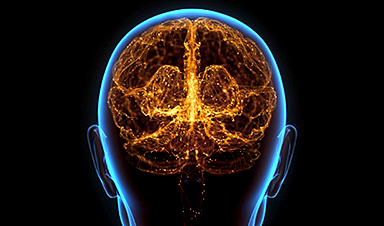

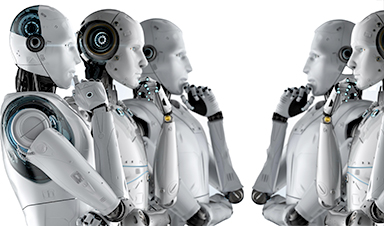

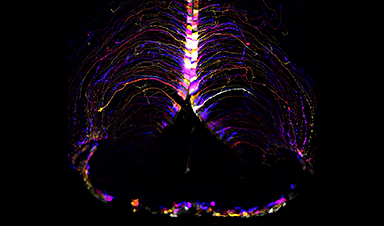
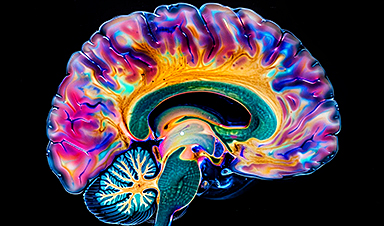

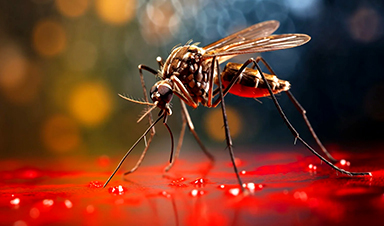
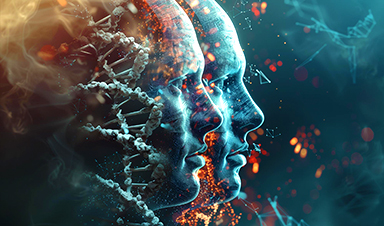
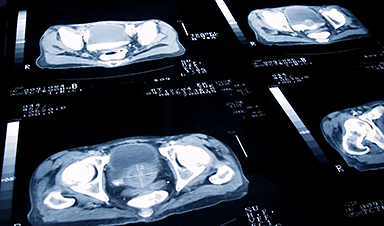
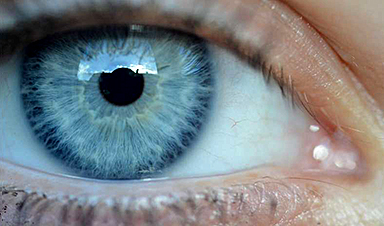
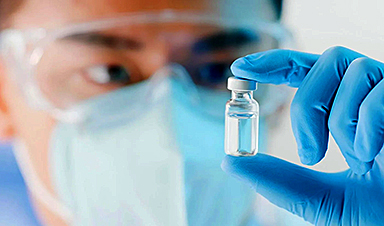


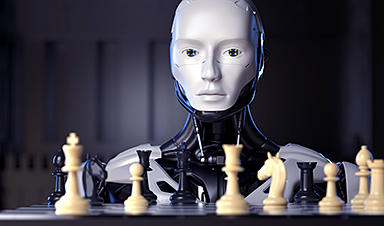



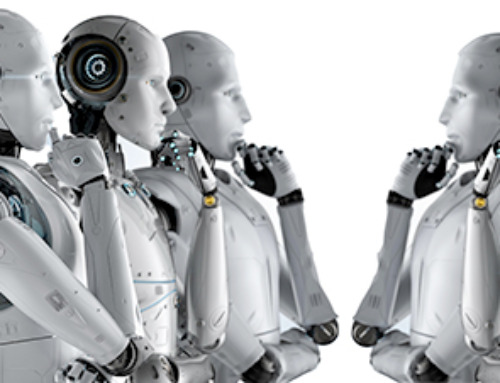


Leave A Comment